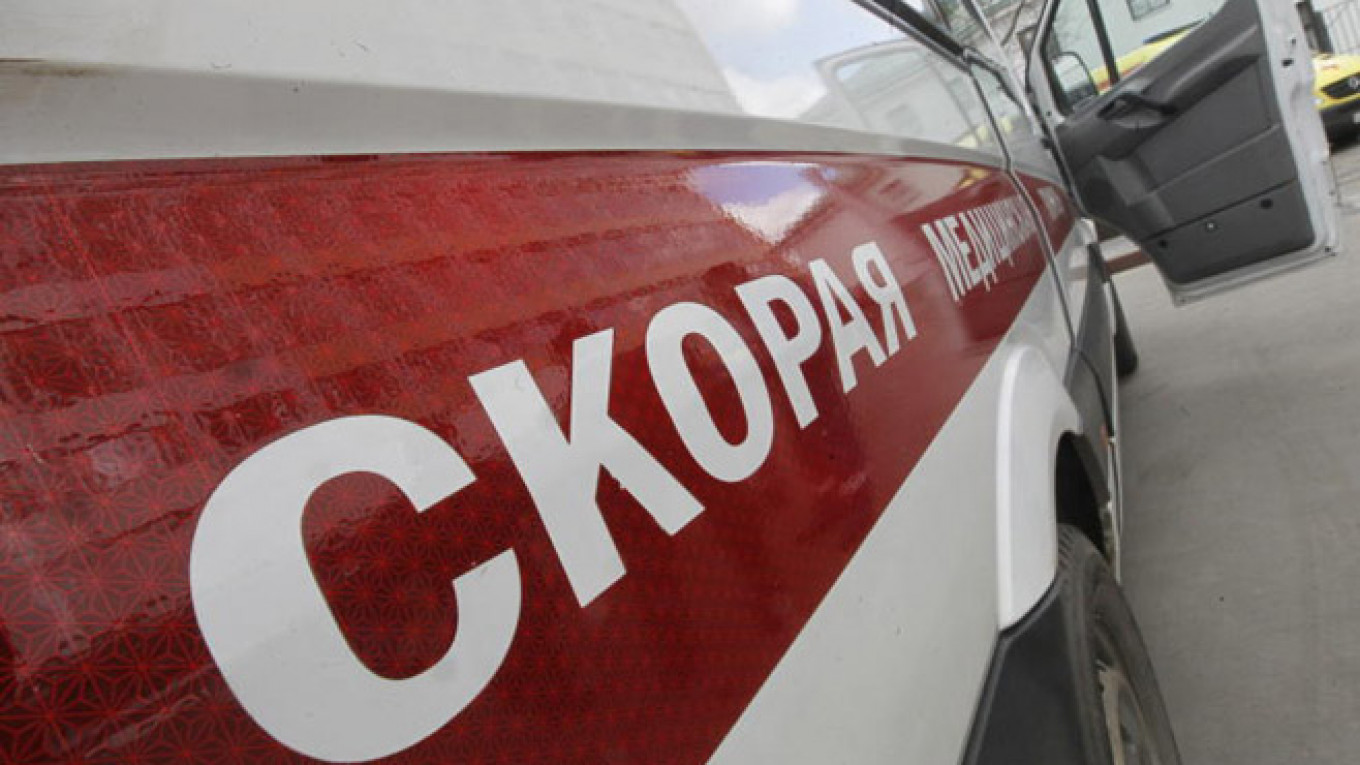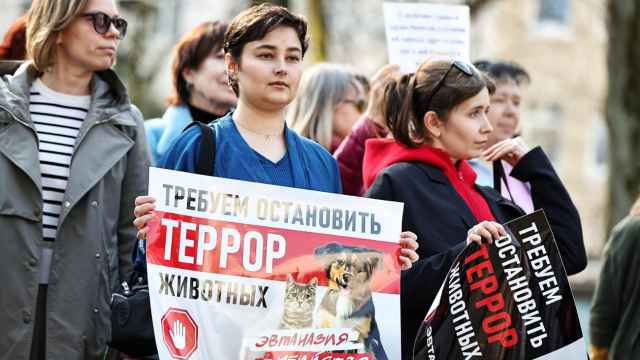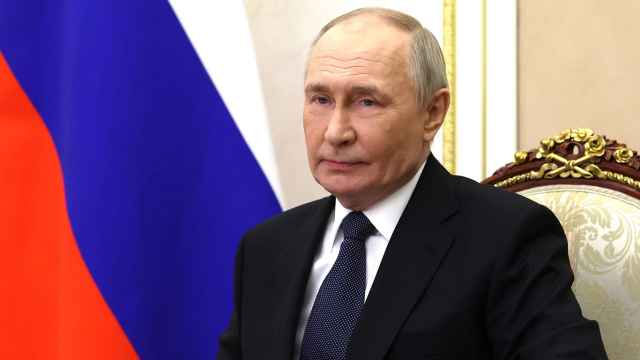A town in the midwest Russian region of Tatarstan has been placed under quarantine after a local resident was diagnosed with anthrax.
The region's head, Rustam Minnikhanov, on Thursday declared a two-month ban on transporting animals and animal products into or out of the town of Lyuga, which is seeing the region's first anthrax case in 11 years.
Local residents are also prohibited from slaughtering livestock for consumption and from using milk produced by animals that could be infected.
The quarantine could be shortened to 15 days, provided that no further cases occur and that all safety measures have been fully observed, Minnikhanov said in a decree.
On Monday, a resident of Lyuga, 48-year-old Fanil Gabdullin, was hospitalized in the regional capital, Kazan, and was diagnosed with cutaneous anthrax.
Although often less fatal than respiratory anthrax, the cutaneous form of the disease can be contracted through spores when handling contaminated animal products.
Tatarstan's Health Ministry said that 19 people who had been in direct contact with Gabdullin were being screened for anthrax twice daily.
Of the 190 people tested for anthrax in Lyuga, no one other that Gabdullin has been found to be afflicted with the illness.
Notably, this isn't the first anthrax scare in Russia in recent weeks. Interfax reported last month that an anthrax vaccine shipment had sunken in a Siberian river and posed a danger to the local population.
At the time, safety official Izabella Samoilova warned that "the cargo has either drifted away or somebody has found it. The second scenario is more dangerous because opening the ampules by oneself … can lead to various ailments."
Fortunately, the shipment was found shortly thereafter, Interfax reported.
See also:
Moscow Airports Pull Out All the Stops to Ward Off Ebola Outbreak
A Message from The Moscow Times:
Dear readers,
We are facing unprecedented challenges. Russia's Prosecutor General's Office has designated The Moscow Times as an "undesirable" organization, criminalizing our work and putting our staff at risk of prosecution. This follows our earlier unjust labeling as a "foreign agent."
These actions are direct attempts to silence independent journalism in Russia. The authorities claim our work "discredits the decisions of the Russian leadership." We see things differently: we strive to provide accurate, unbiased reporting on Russia.
We, the journalists of The Moscow Times, refuse to be silenced. But to continue our work, we need your help.
Your support, no matter how small, makes a world of difference. If you can, please support us monthly starting from just $2. It's quick to set up, and every contribution makes a significant impact.
By supporting The Moscow Times, you're defending open, independent journalism in the face of repression. Thank you for standing with us.
Remind me later.






